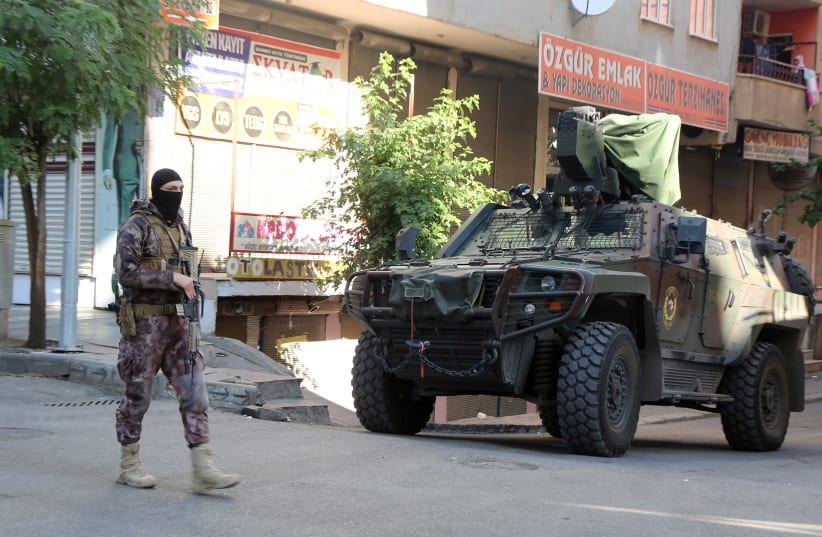Turkey is set to release prisoners during the pandemic but is increasingly jailing journalists who critique the government while it suppresses dissent.
A journalist named Nurcan Baysal this week became the latest to face Turkey’s investigations for her coverage of the government’s handling of the coronavirus outbreak in the minority Kurdish region.
While 100,000 prisoners, including violent criminals, may be released, peaceful writers and members of NGOs are kept in prison. One case is that of novelist Ahmet Altan.
He was imprisoned when the government accused him of sending “subliminal messages” prior to a 2016 coup. His brother said: “It’s insane that they’re going to let murderers back out on the streets but put the life of a novelist who wrote three articles the government didn’t like at risk from coronavirus.”
Amnesty International and other organizations have called on Turkey to “immediately and unconditionally release journalists, human-rights defenders and others who have been charged or convicted simply for exercising their rights.” Turkey is the largest jailor of journalists in the world.
Turkey’s regime often dismisses mayors from opposition parties and jails people for tweets. There is almost no critical or opposition media in Turkey. The government has promoted its own channels or those linked to the government.
Critical journalists have been forced to flee the country or been imprisoned. There are increasing concerns among human-rights groups that the country’s leaders will release violent criminals who may it views as less dangerous than freethinkers or environmental activists.
